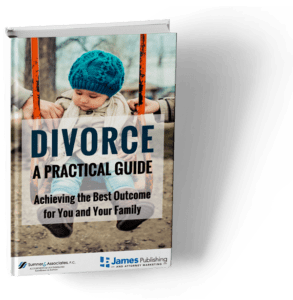Am I responsible to pay debts of my deceased loved one?
It depends. If the debt is SOLELY in the name of the deceased person, you are not individually responsible, as a loved one of the deceased. Often times, creditors such as hospitals or credit card companies can be aggressive in their collection methods, making you believe you are obligated to pay them. Fearful of the negative consequences, many loved ones will immediately pay these debts. It is important to be aware of how these debts are handled through the probate court process and who is ultimately responsible to pay. You can contact Sumner & Associates, PC to learn more about responsibility for Paying Debts After Death.
After a person dies, creditors cannot make their claims against you, the loved one of the deceased, but have to make their claim against the Estate of the Deceased Person. This is handled through the probate court process.
If the Estate has any assets in it, such as bank accounts, investments, etc., the creditors will be ranked in order of priority to determine who is paid first. However, if the Estate is insolvent, meaning the deceased person left no assets when he or she passed, there are no funds available to creditors, and they simply don’t get paid.
When dealing with creditors and outstanding debts after death, it is important to gather all records and information pertaining to the deceased person’s assets and debts. This will help you know exactly how much money is left in the Estate and if funds are available to pay creditors.
The best way to handle assets and debts of a deceased loved one is to contact an attorney, who will be able to guide you through the Estates and Probate Court process. Contact Sumner & Associates, PC today to assist with all your Probate Court needs!

